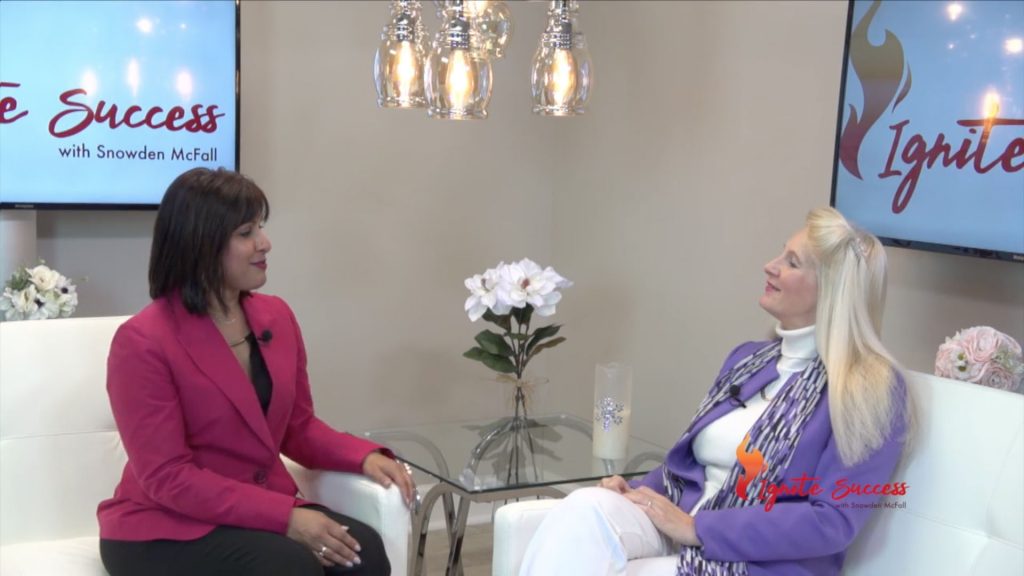Have you ever had a medical emergency in the middle of the night and needed to talk to a doctor or a nurse but you had no idea what to do or who to call?
In today’s feature of Ignite Sucess, Snowden McFall interviews Dr. Charu Raheja who created TriageLogic to solve this problem. TriageLogic was started to help doctors and hospitals help patients when their offices were closed and to help save both unnecessary health expenses (keeping people out of the ER) as well as helping improve overall care (inform patients when immediate care is needed). An example would be a new mother with a newborn crying unconsolably and not knowing if there was a serious problem. Dr. Raheja points out the benefits to this new mother to be able to call and talk to a live nurse who can evaluate the symptoms, make sure that it does not require immediate attention, and provide appropriate advice to help the baby.
TriageLogic also sees adults and specialties in addition to children. In the case of adults, a common problem is underestimating and not seeking care for serious symptoms (see for example, “Educating Adults about Serious Symptoms”) Many of the symptoms such as a shoulder or stomach pain are indicative of a potential serious symptoms that need immediate care. We have seen cases, for example, of patients who thought that they had nothing serious but were then told to call 911! Some of these patients ended up finding out later that they were having a heart attack, meningitis or even a stroke.
The TriageLogic nurses handle 18,000 calls a month for the hospitals and doctors who use our services. And this number continues to rise. Independent companies are now expanding services for their employees and dependent families with access to our nurse triage using our mobile and nurse solution called Mobile App. Mobile App improves employee productivity and time away from their jobs, and many medical questions can be triaged by phone. In a traditional setting, individuals may have to wait 24 hours to be seen by a doctor and wait at home. With the telephone nurse triage, this process is often eliminated. In some circumstances, the triage nurses can connect patients to a doctor if a prescribed medication is needed and help them avoid additional time and cost of being seen elsewhere.
Dr. Raheja shared a personal story about her account with a medical emergency. She was away on vacation and experienced a terrible migraine. She discounted to just getting older and stress, but the headache would not go away. A week later, she contacted a friend who was a neurologist he ordered a brain MRI. The scan revealed that I had suffered a hemorrhagic stroke and had a pool of blood in her brain. The cause was an arteriovenous malformation, a group of tangled blood vessels which had ruptured. Half of the people who have this die within five minutes.
This experience was a wake-up call for Dr. Raheja because if it could happen to her, it could happen to others as well. She used this experience to create another company with a mobile app called Mobile App.
Not everyone has access to a hospital or doctor’s office. She wanted to provide an alternative for others to seek help. Mobile App offers free access to nurse line with independent nurses not affiliated with insurance. Sometimes people are suspicious if a call is recorded by their insurance.
Mobile App combines these resources on a mobile app alongside any other relevant information a company wants to share. For example, IT resources, PTO information, safety manuals, employee benefits, and company policies to name a few. It is entirely up to the company to decide what they want to include. We help them organize this in a useful way to make access available for all employees, no matter where they are located.





